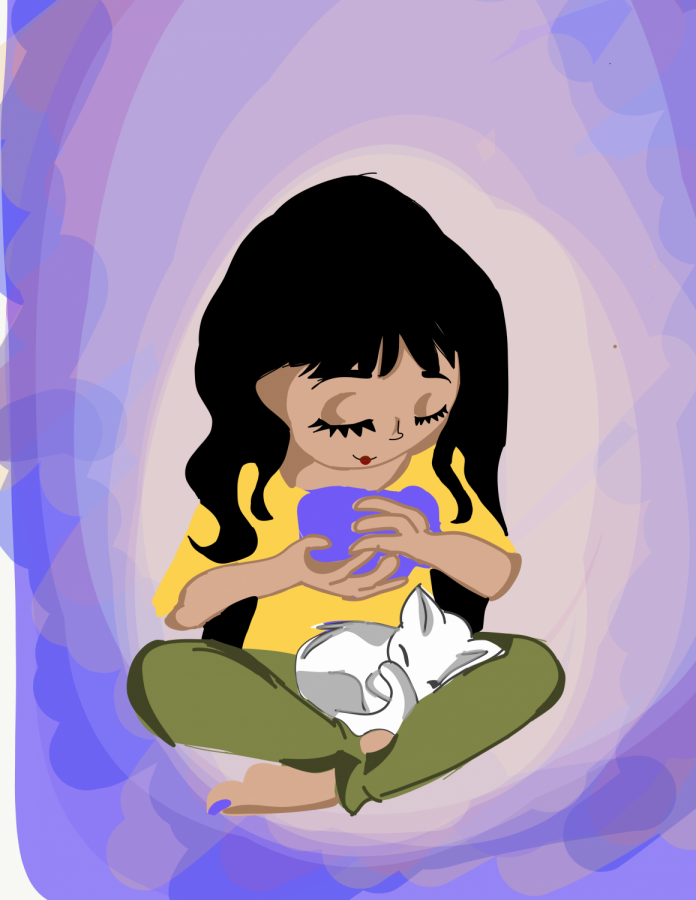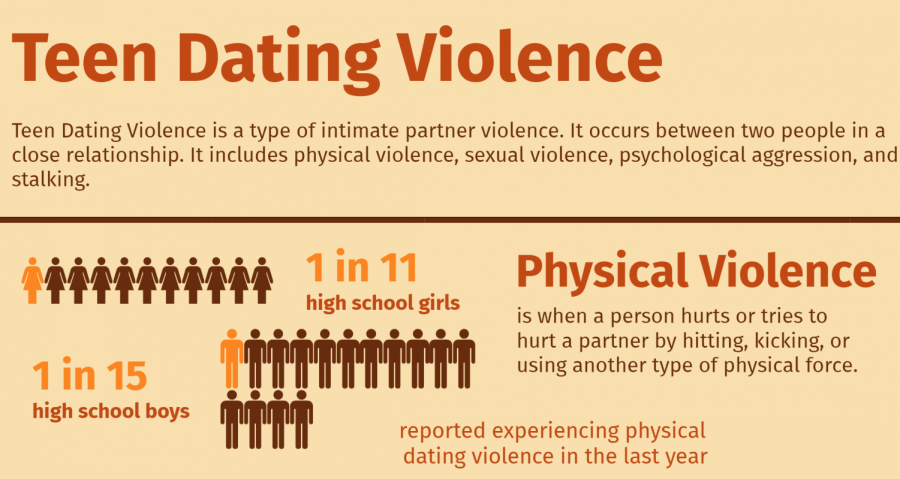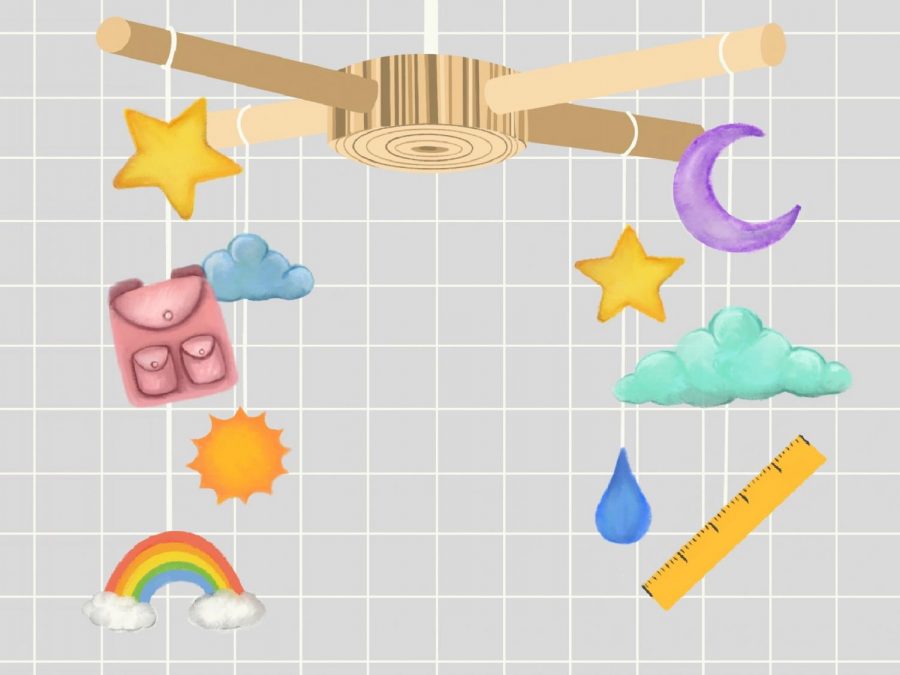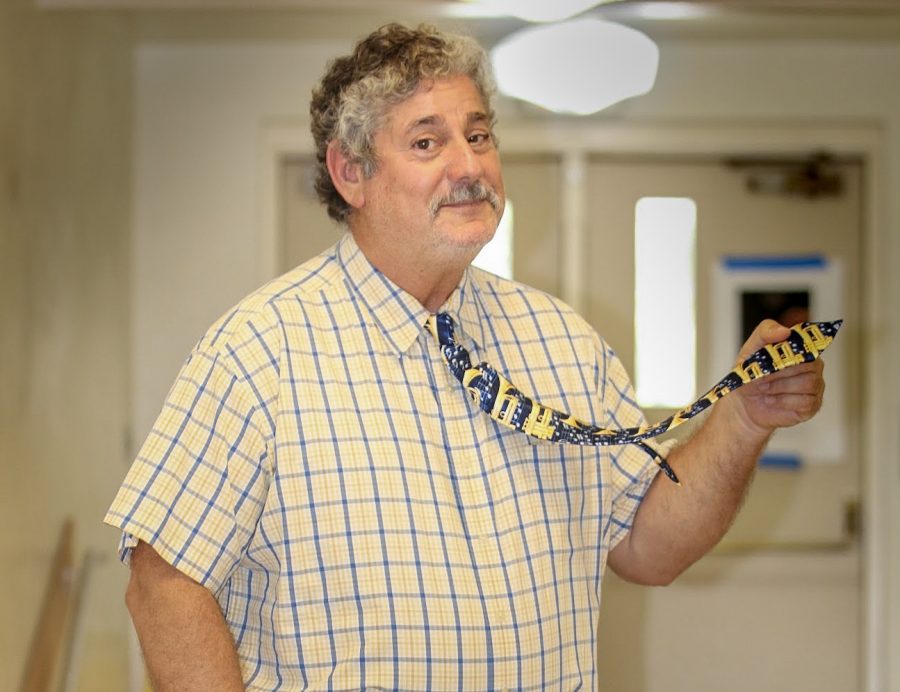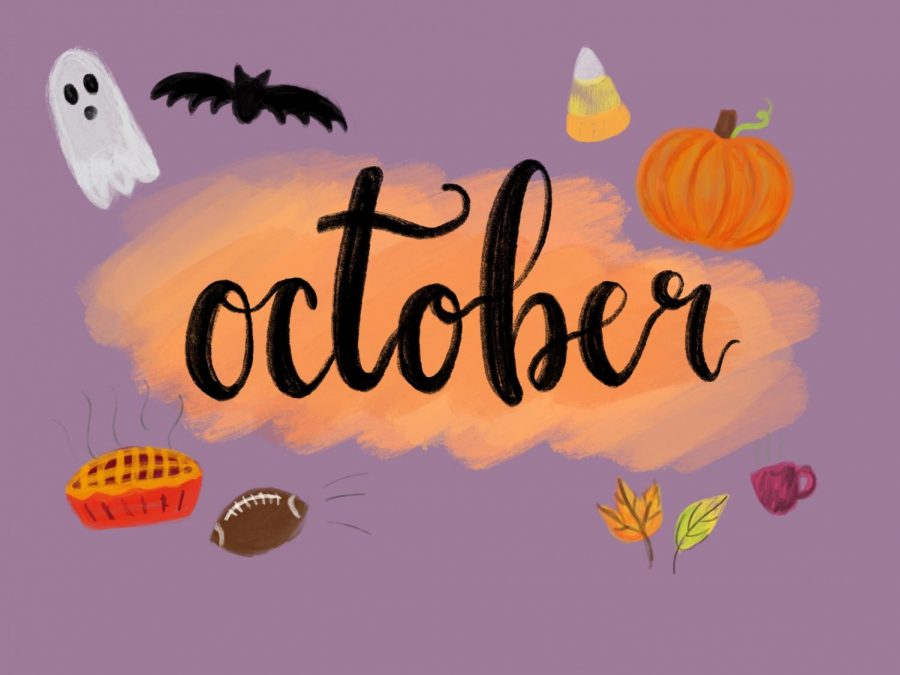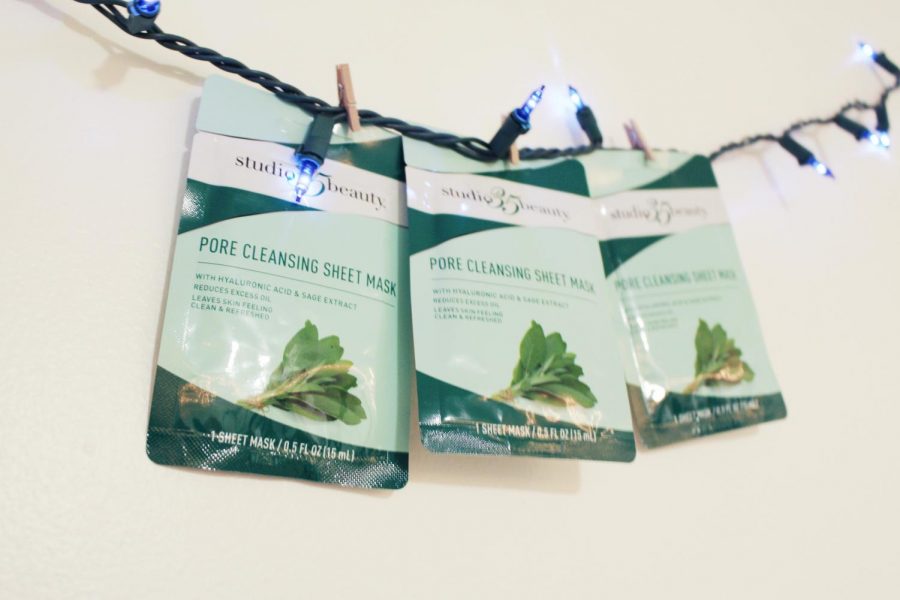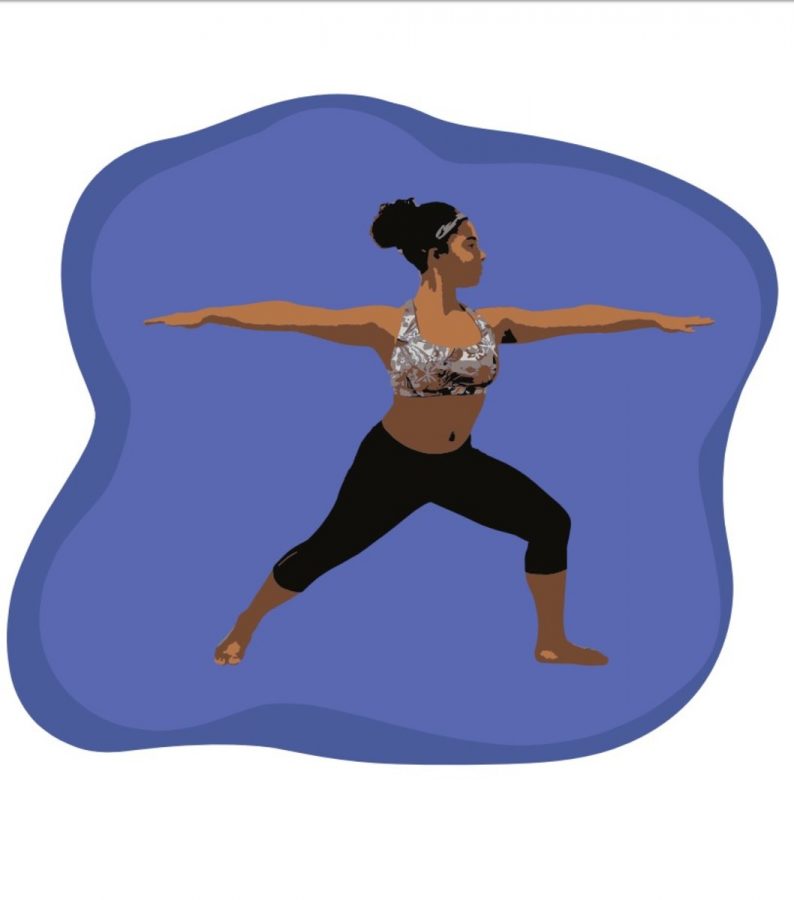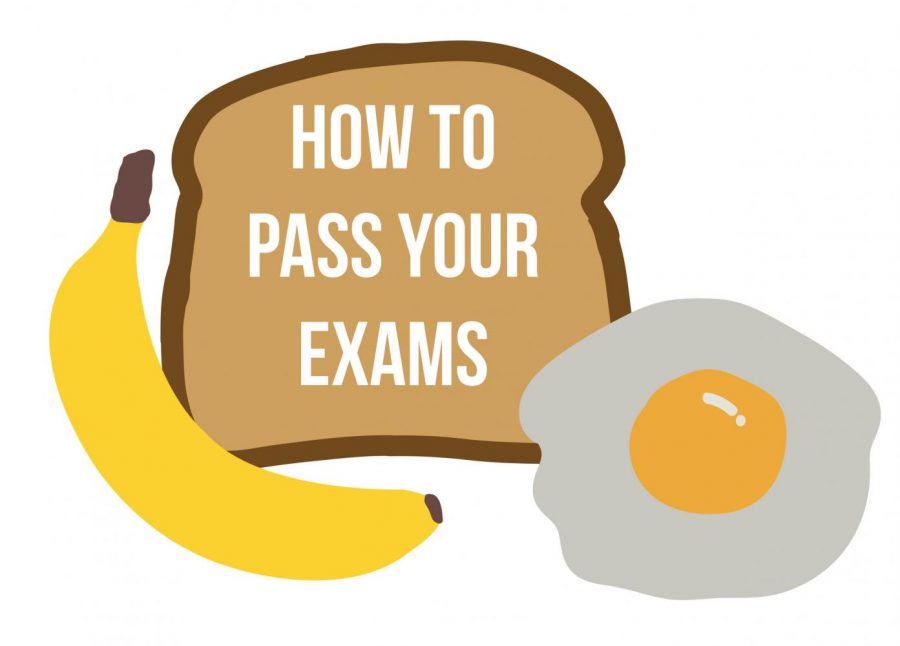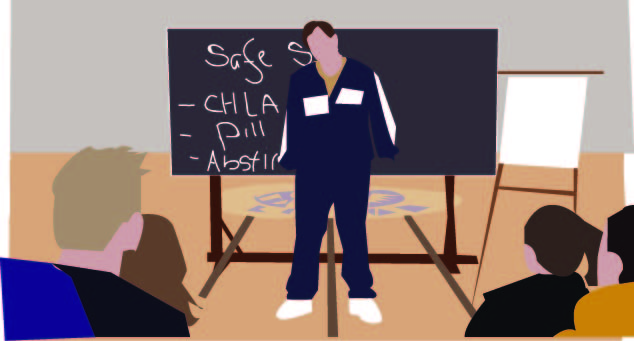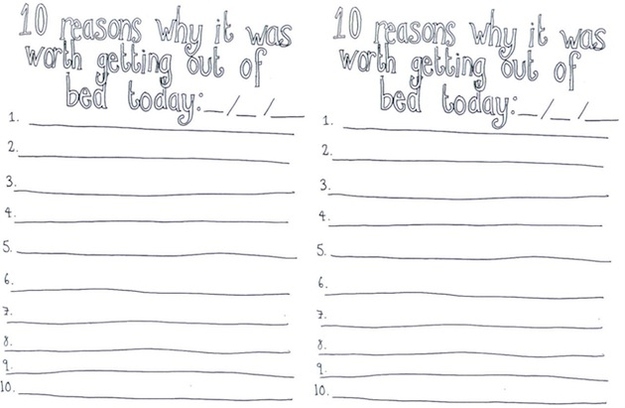Getting overwhelmed and stressed out on almost an everyday basis is a problem that is very prevalent among teenagers. The solution? The art of mindfulness – well,It’s more of a lifestyle rather than an art- but, achieving mindfulness can be difficult because it goes against how people react in tense situations. Mindfulness is being aware of what is going on and how you feel about it. It is a skill everyone has, but not everyone has mastered.
Acknowledging what is happening and why you’re feeling that way is the first step in mindfulness. Most people just stop there, and that’s fine, but it can be refined. Breathing, observation, awareness, listening, immersion, and appreciation are all ways that mindfulness can be achieved. The benefits of this include being more aware of not only yourself, but others’ well being aswell; it reduces stress, enhances performance, and adds a sense of peace that comes with accepting your thoughts and feelings.
Breathing:
Similar to meditating, this exercise helps with getting peace and centering yourself.
Breathe in and out slowly, holding your breath for six seconds between each cycle Then, let go. Let go of all the thoughts pestering you;, let go of all of the things you have to do later, let go of all the problems that have been bothering you, and focus on your breathing. Take note of how your breath enters and leaves your body. Is it going in smoothly? Do you feel it in your lungs? Do you feel lighter the more you do it?
Taking a moment to do this for a minute or three is essential for this exercise.
Awareness:
This is an exercise that heightens your appreciation for routine.
Think of something that happens everyday, such as opening doors, raising your hand, waiting in line. Note how you feel at that very moment. When you pick up your pencil to start taking notes, your brain is sending signals to the muscles in your hand to form the letters, and in turn your brain is telling your hand what to write. These little moments are called ‘touch-cues’ and don’t always have to be physical. You can appreciate how you are able to write and how even though it might be a basic skill, there are people who aren’t fortunate enough to have that luxury. Similarly, every time you have a negative thought, think about how it only further holds you back, and promptly let it go. This heightens your appreciation for the little things in life.
Listening:
Sometimes, the things we hear invoke us to judge them; the way someone talks, the melody of a song, or even the way someone’s footsteps sound on the floor. Sometimes, sounds (especially music) attach themselves to memories. How many times has a song been ruined for you because you listened to it during a traumatic experience?
Take a song at random, and ignore the metadata; don’t look at the artist, the title, or the genre. Let go of your preferences and whether you like the song initially or not. Instead, explore the song in the sense that you note the stuff going on the background. Did that song always have background vocals? Was that a clarinet you just heard? How is the beat matching the melody? Seeing how the different components of the song create a final, cohesive product will make you appreciate music more.
Immersion:
Sometimes in the hustle of life, we forget to take things in. This exercise allows you to thrive in the moment, rather than speeding by it without a second thought.
Cleaning your house might sound like a pain, especially when there are other things you could be doing. Rather than making the experience miserable for you, pick apart how each task you do causes a different part of your body to react. Note how warm the water feels on your skin as you’re washing dishes. Feel the way your muscles contract from the movement of sweeping. Find a pattern as you scrub at the windows, and experiment with motion as to how to make it more efficient. Time might go faster than you thought it would, and you could even enjoy it.
Appreciation:
Finally, this exercise allows you to acknowledge the things in your life that you take for granted, and really make you treasure them.
Take 5 things that are as natural to you as breathing, that might not be for someone else. Ask yourself: Do other people have this? How did I acquire this? Is this something everyone can have? What’s holding those people back from getting it? Why is it that I have this? Would I be willing to give it up? Afterwards, take those 5 things and think about how they affect your life and how grateful you are to have it.
Mindfulness is a basic skill every human possesses: sometimes, however, we get caught up in all the things that go wrong in life instead of all the things that are going right. Refining the basic skill we have will help you on your way to self-acceptance and inner peace.























































